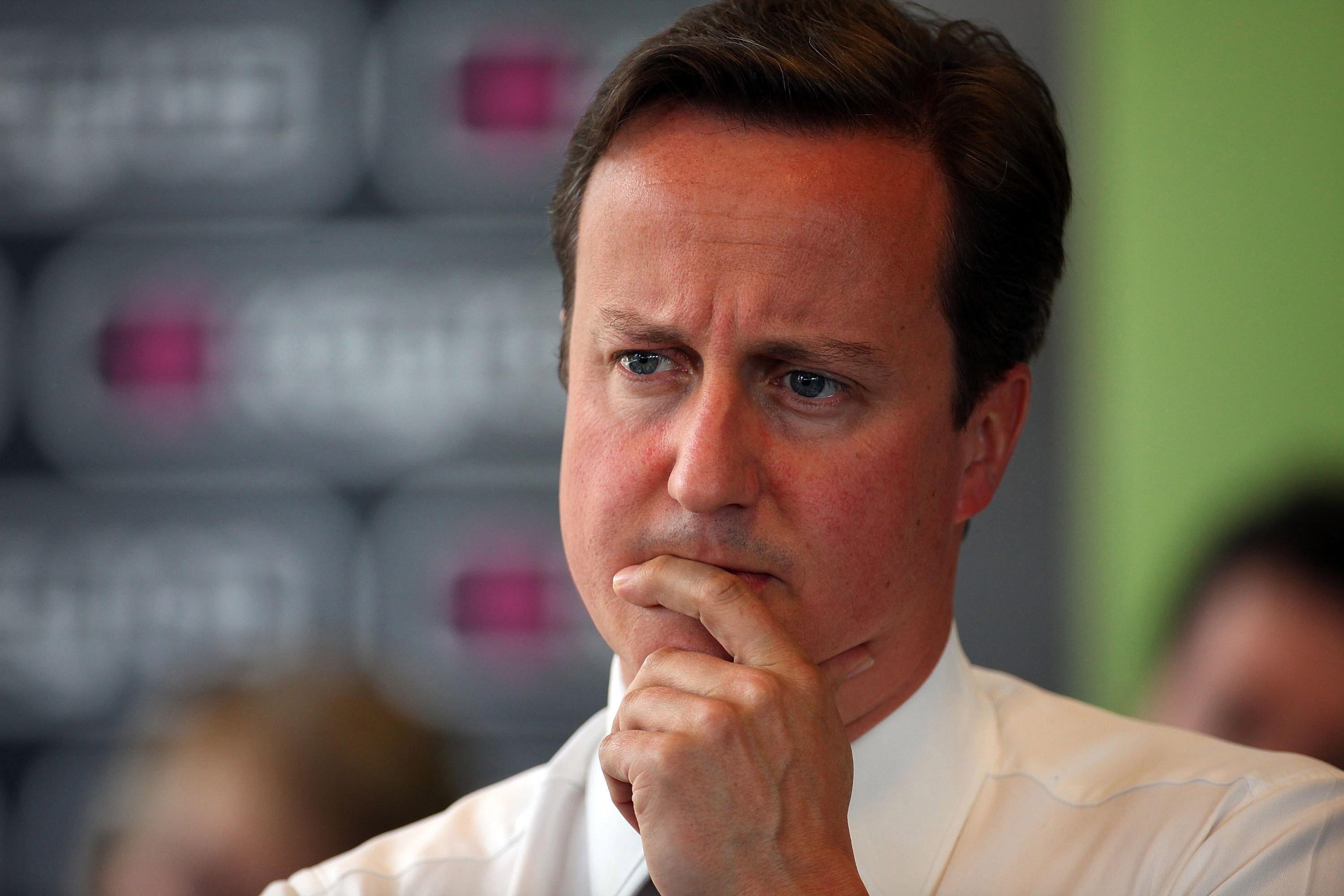David Cameron experiences first Tory rebellion as 27 MPs defy him over EU referendum - just six weeks after election win
Rebel amendment to reimpose purdah rules rejected by 288 votes to 97, but result makes mockery of PM's claims of 'complete unity' within his party

David Cameron has suffered his first Tory backbench rebellion since last month’s general election. In the Commons on Tuesday night, some 27 Tories voted against the EU Referendum Bill after accusing ministers of tilting the plebiscite in favour of the In campaign by allowing the Government machine to issue public statements about Europe in the four weeks before the vote.
A rebel amendment to reimpose “purdah rules” - a ban on such statements before elections and referendums - was rejected by 288 votes to 97, a government majority of 191. Labour abstained, lifting the prospect of a humiliating defeat for Mr Cameron, but claimed the Bill was already “in chaos”.
The significant revolt is highly embarrassing for the Prime Minister, coming just six weeks after winning the first Tory majority in 18 years and a week after he declared there was "complete unity" in the Tory party on the issue of Europe.
Up to 40 Tory MPs were expected to defy the Government and vote in favour of an amendment tabled by Eurosceptics calling for ministers to back-track on their decision to suspend the usual pre-election ban on promotional material produced by central and local government.
It will draw comparisons to the damaging rebellion that came close to bringing down John Major's premiership in 1992, when Tory rebels joined forces with Labour to defeat the Government in key votes on the Maastricht Treaty.
But with Labour abstaining on any vote to re-instate purdah rules, echoes of 1992 are exaggerated.
It nonetheless demonstrates the significant internal divisions over Europe that still haunt the the Conservative party and indicates a rocky road ahead for the Prime Minister as he walks a tightrope with his slim Commons majority.
The Government argues that imposing the usual limits on government activity in the EU referendum campaign would impair the government's other responsibilities - it still has to run the country regardless of the result.
In an attempt to head off the Tory rebellion and appease Eurosceptics, Europe minister David Lidington sent a letter to Conservative MPs assuring them that plans to suspend purdah rules will be reviewed before the next stage of the Bill enshrining the referendum in law, while promising the campaign would be a "fair fight".
He told his backbench colleagues that the Government will "exercise proper restraint to ensure a balanced debate during the campaign," adding: "We have no intention of, for example, spending public money to deliver mailshots to households in the last four weeks of the campaign.
"Working out a system that will reassure colleagues and voters that the referendum is a fair fight, yet will preserve the Government’s ability to act in the national interest is not straightforward. It is important that it is legally clear and robust," he wrote.
The letter came after the Government had already made concessions over the timing of the referendum. Downing Street was forced to rule out holding the referendum on the same day as elections for the Welsh and Northern Ireland assemblies, the Scottish parliament elections and the London Mayoral vote, despite Mr Cameron declaring last week that he was leaving that option open.
The U-turn was a compromise effort to persuade Eurosceptics to abandon plans to rebel over plans to suspend purdah.
Join our commenting forum
Join thought-provoking conversations, follow other Independent readers and see their replies
Comments